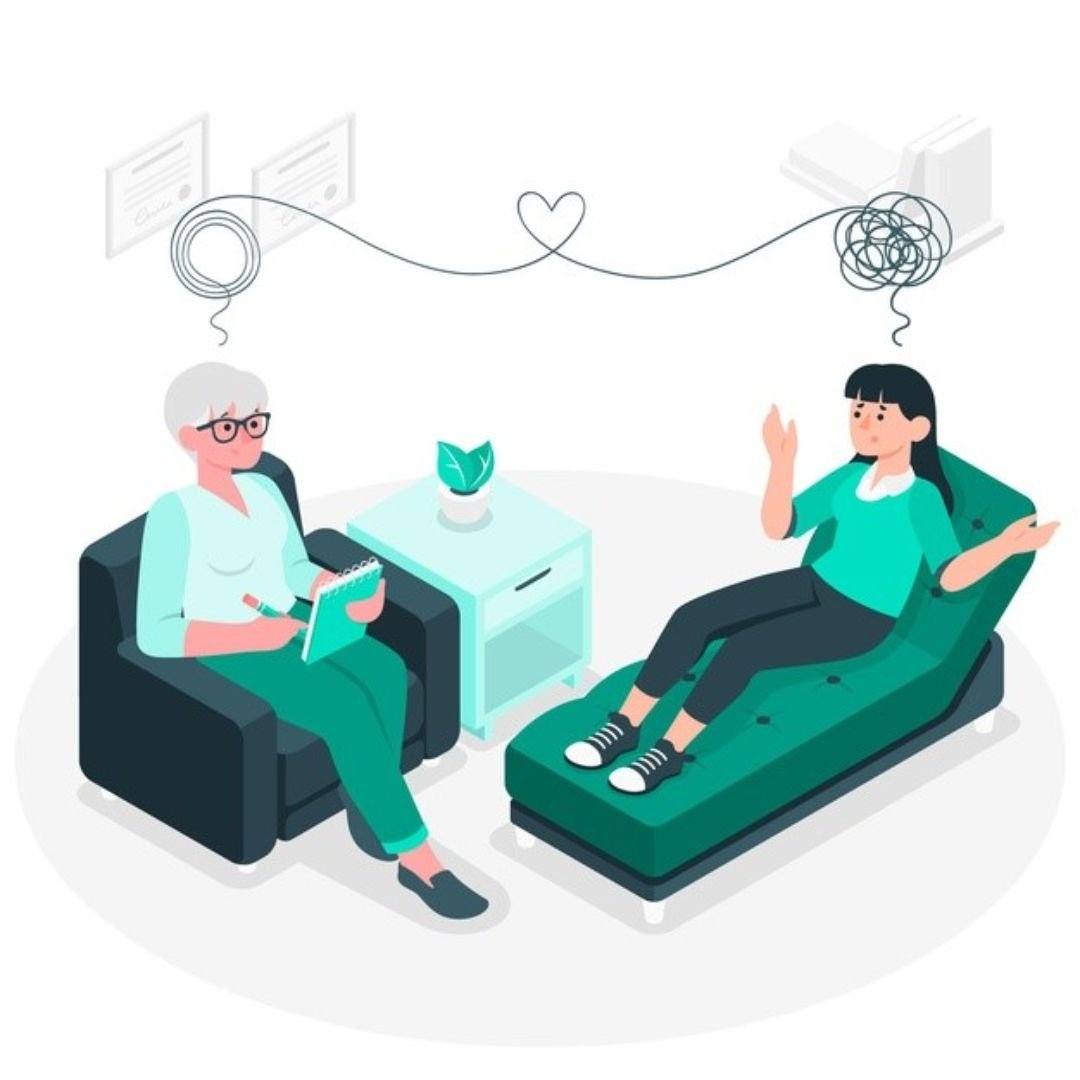Rational Emotive Behavioural Therapy (REBT) is a form of psychotherapy developed by Albert Ellis in the 1950s. It is based on the premise that our emotions and behaviors are largely determined by our thoughts, beliefs, and attitudes, and that by changing these cognitive processes, we can change our emotional responses and behavior patterns.
REBT is an active and directive form of therapy that aims to help clients identify and challenge irrational or self-defeating thoughts and beliefs, and replace them with more rational and adaptive ones. The therapist works collaboratively with the client to identify the specific thoughts and beliefs that are contributing to their emotional distress or maladaptive behavior patterns and helps them to develop more rational and constructive ways of thinking and behaving.
REBT also emphasizes the importance of accepting oneself and others unconditionally, without judgment or evaluation. This approach can help clients to develop greater self-acceptance and self-esteem, and to improve their interpersonal relationships.
REBT can be used to treat a wide range of mental health concerns, including anxiety, depression, anger, addiction, and relationship problems. It is particularly effective for individuals who struggle with negative self-talk, self-criticism, or perfectionism, as it can help them to develop a more realistic and compassionate view of themselves.
Overall, REBT is a practical and effective approach to therapy that focuses on changing the client's cognitive processes to improve their emotional well-being and functioning. It is a collaborative and goal-oriented approach that can provide clients with practical skills and strategies to help them manage their emotions and behavior patterns.

.jpg)
.jpg)



